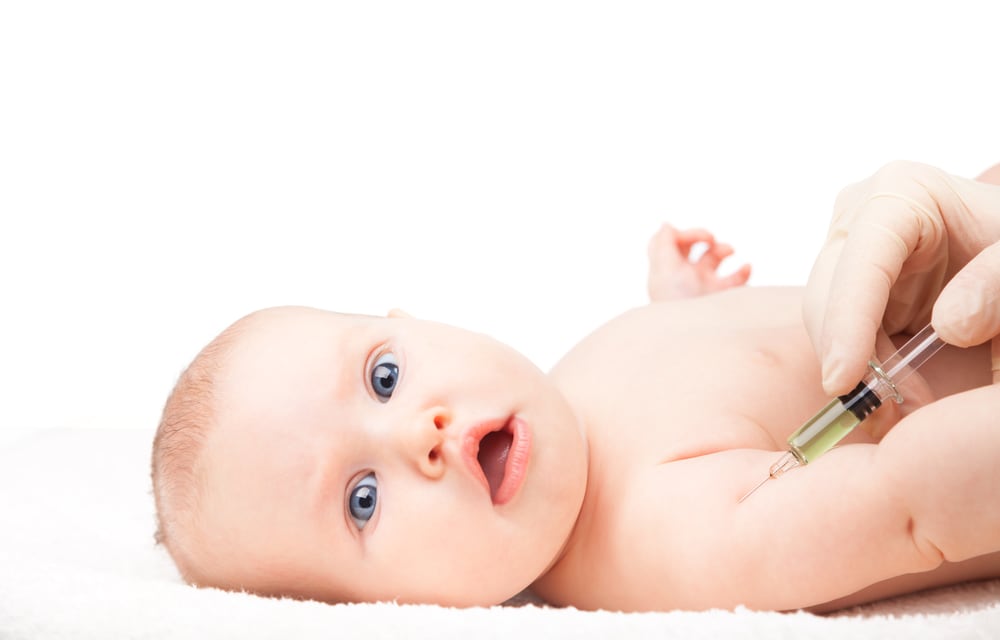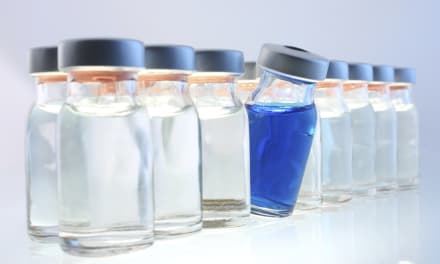factsheet: DTP- Hib
what does it protect against ?
Diphtheria, Tetanus and Pertussis (whooping cough) and against infection by the bacteria called Haemophilus influenzae type b (Hib).
what are the diseases?
The DTP-Hib vaccine protects against four different diseases:
diphtheria
- This disease begins with a sore throat and can progress rapidly to cause problems with breathing. It can damage the heart and the nervous system (by releasing toxins into the bloodstream) and in severe cases it can kill.
tetanus
- Tetanus spores are found in soil. They enter the body through a cut or burn. Tetanus is a painful disease that affects the muscles and can cause breathing problems. It causes severe muscle rigidity and agonising contractions. If it is not treated, it can kill. It cannot spread from one person to another.
whooping cough (pertussis)
- Whooping cough can be very distressing. In young children it can last for several weeks. Children become exhausted by long bouts of coughing which often cause vomiting and choking. In severe cases pertussis can kill.
- There is a very typical whooping noise as the child takes a deep breath. Pertussis can cause pneumonia and vomiting which can dehydrate a small child. It can occasionally cause brain damage. Pertussis is highly infectious.
hib (Haemophilus influenzae type b)
- Hib is an infection that can cause a number of serious illnesses including blood poisoning, pneumonia and meningitis. All of these diseases can be dangerous if not treated quickly. The Hib vaccine protects your child against this one specific type of meningitis. The Hib vaccine does not protect against any other type of meningitis.
when it is given?
This is given when your child is 2, 3 and 4 months old. Your child will receive a further tetanus and diphtheria booster at age 3-5 and a further one at 13 to 18 years.
effectiveness
diphtheria
The number of cases of diphtheria in the UK has dropped dramatically since immunisation began. In 1940, there were 46,000 cases (2480 deaths) due to diphtheria in the UK. Between 1986 and 1995 there have been 38 cases and no deaths.
pertussis
In 1975, the vaccination rate was 30% in England and Wales. Over 10,000 cases were reported. In 1995, the vaccination rate was 94% and 1,873 cases were reported.
hib
Before the Hib vaccine became part of the childhood immunisation programme in 1992, over 60 children a year died as a result of Hib infection. And more than twice that number were left with permanent brain damage. Since immunisation began, the number of children with Hib meningitis has dropped by more than 95%.
side-effects
After the triple vaccine (DTP), your baby may become upset and feel very hot (about 12-24 hours later). There may be swelling and redness at the site of injection. Your child may also exhibit signs of tiredness, transient fever or allergic reaction. A lump may develop under the skin where the needle was inserted. It may become slightly raised, hot and red. Sometimes the lump stays for several weeks.
If your child has a persistent reaction, e.g. convulsions, persistent screaming or strange behaviour – contact your doctor immediately.
Q. Does the whooping cough vaccine cause brain damage?
In the 1970s a study was done which seemed to show a link between the whooping cough vaccine and a few babies who suffered brain damage. However, these findings have not been supported by more recent studies. The actual whooping cough disease can cause brain damage. Between 1975 and 1985, there was concern about the whooping cough vaccine caused by the above study. This lead to thousands of babies not being immunised. As a result, three epidemics occurred and more than 100,000 people caught the disease. Therefore, the risk of the vaccine needs to be considered against the risk of developing the disease if the population is not immunised.
Q. Why does my child need repeat doses or boosters?
Some vaccines stimulate enough antibodies in a single shot. Others need more injections to build up levels gradually. Antibody levels may decline after months or years and so repeat doses are given.



